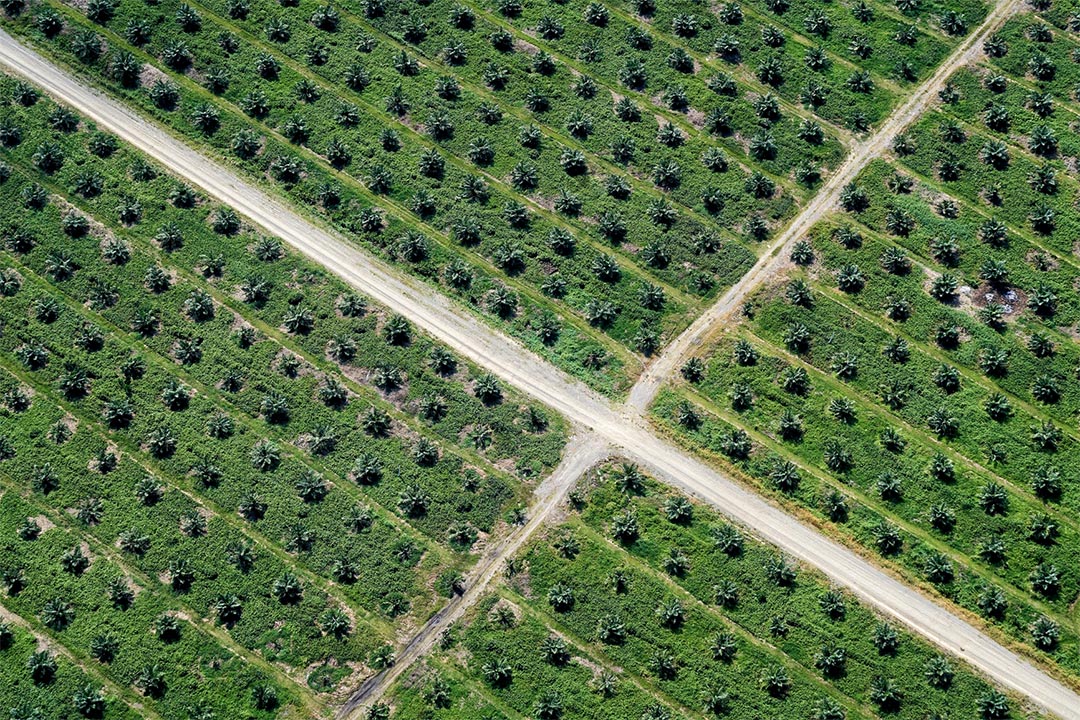Parties to the UN Economic Commission for Europe (UNECE) Convention on Long-range Transboundary Air Pollution adopted a guidance document on integrated sustainable nitrogen management, aiming to address the pollution problems that nitrogen causes in the global biosphere.
The Executive Body of the Convention adopted the guidance on 18 December 2020. It aims to help governments and farmers reduce nitrogen waste into air and water and keep more nitrogen on farms, where it can bring benefits for food production, the economy, the environment, and human health.
Because better nitrogen management would yield multiple co-benefits, it is a way to maximize synergies and minimize trade-offs within the SDGs.
The Guidance identifies co-benefits of controlling air pollution in the areas of climate, water, biodiversity, health, and the economy. It also identifies 24 principles to help Parties understand and tailor solutions.
UNECE reports that human activities over the last century have more than doubled the total amount of nitrogen introduced into the global biosphere. The resulting problems include air pollution, water pollution, greenhouse gas (GHG) emissions, stratospheric ozone depletion, biodiversity loss, and soil acidification.
The lead author of the guidance, Mark Sutton, UK Centre for Ecology & Hydrology, said the Guidance brings together, for the first time, nitrogen losses relevant for air, climate, and water. Through this integrated approach, he argues that “with sound nitrogen management, not only will air and water quality benefit, but it’ll help mitigate climate change as well.”
Sutton said that because better nitrogen management would yield multiple co-benefits, it is a way to maximize synergies and minimize trade-offs within the SDGs. [Publication: Guidance Document on Integrated Sustainable Nitrogen Management]
